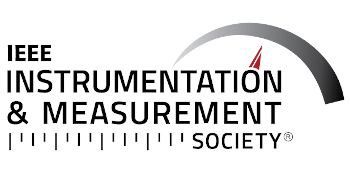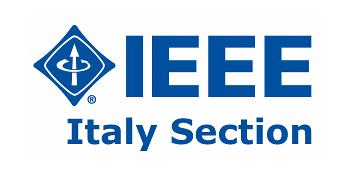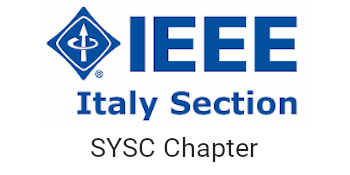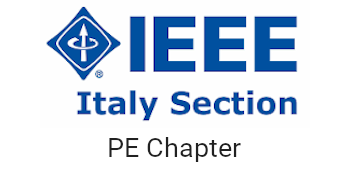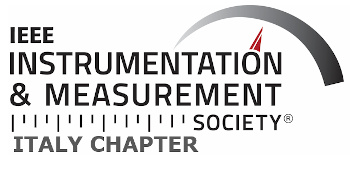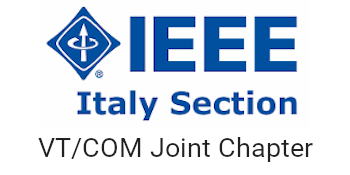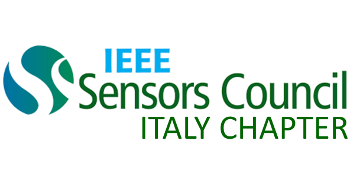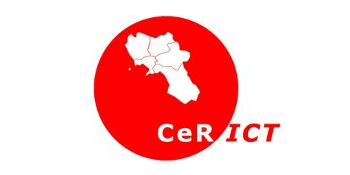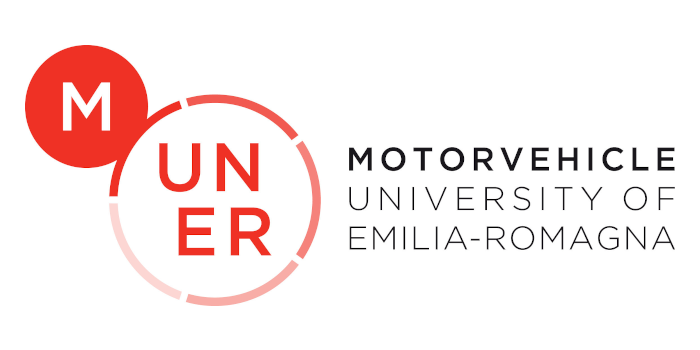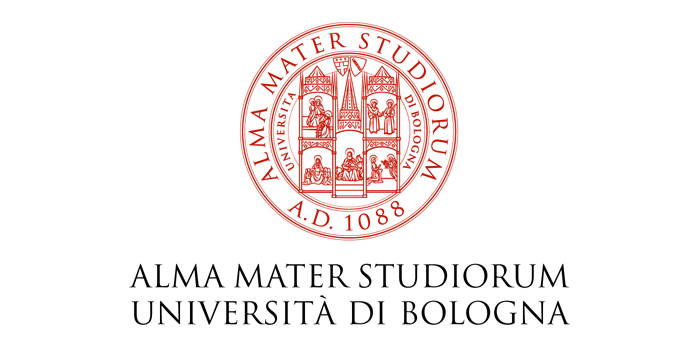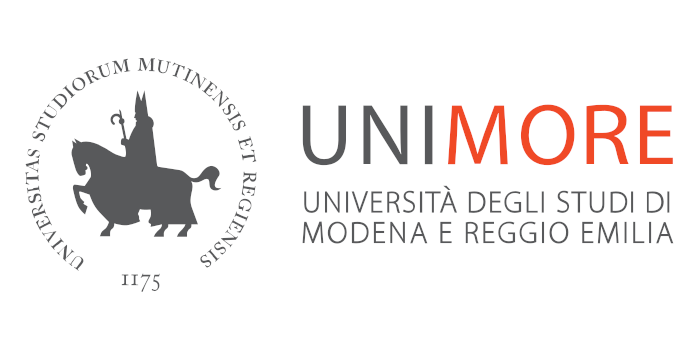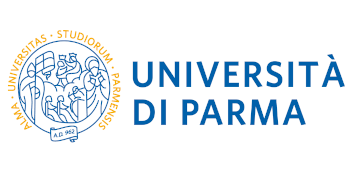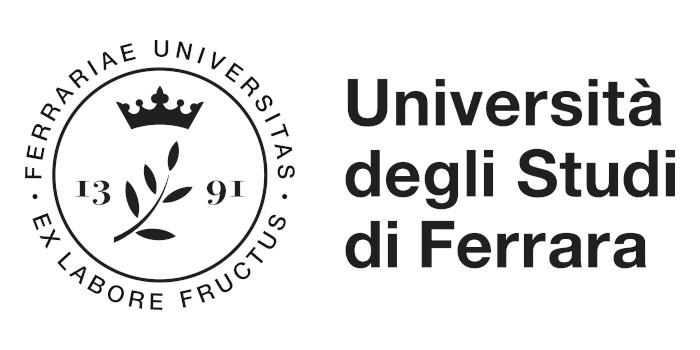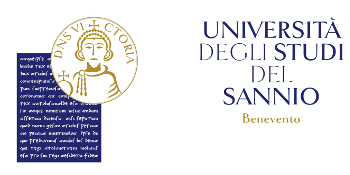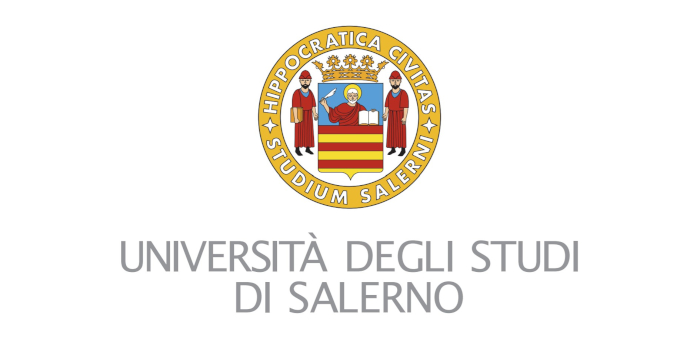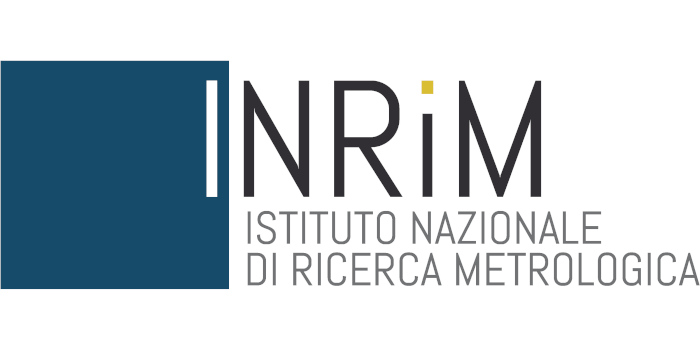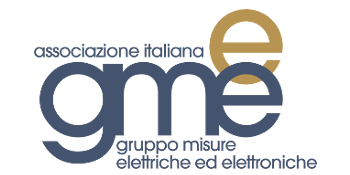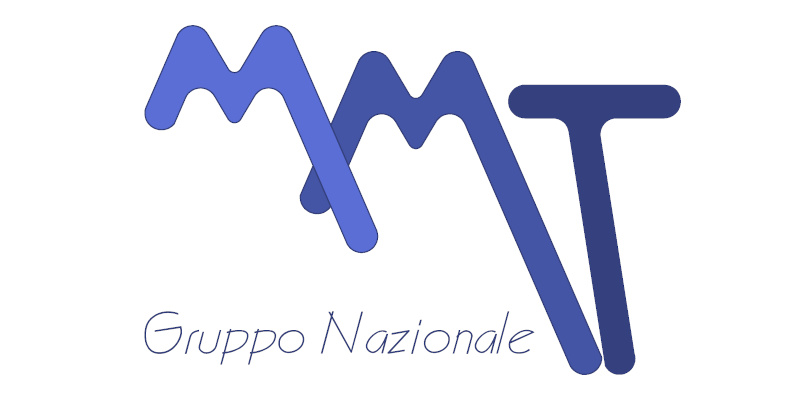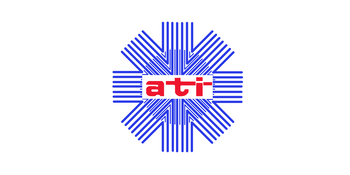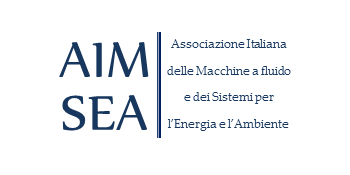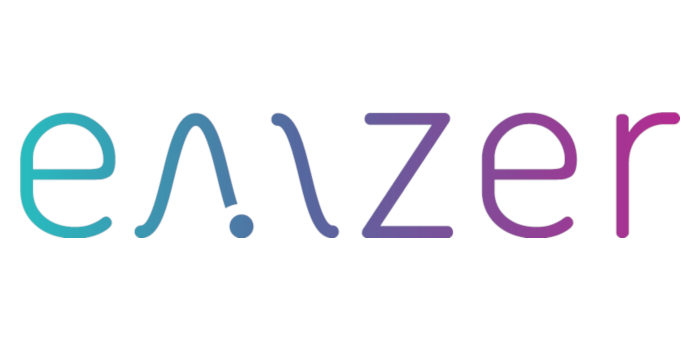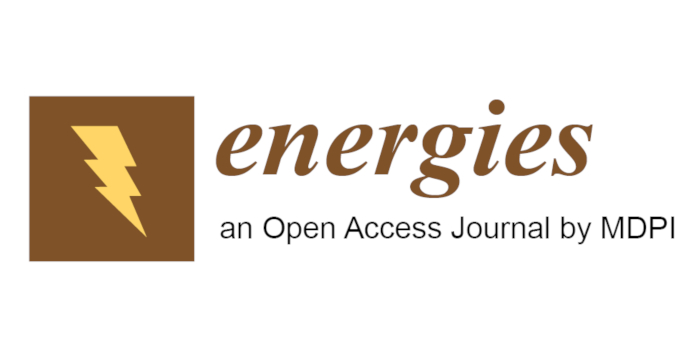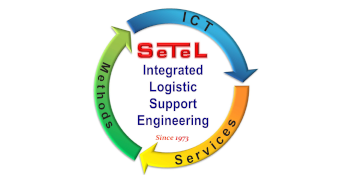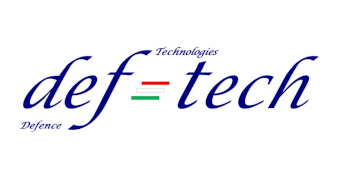Energy Efficiency in fast charging electric vehicles - seen from an interoperability perspective
ORGANIZED BY
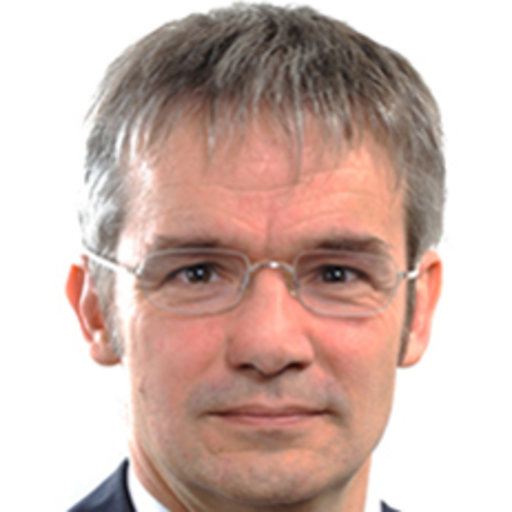
Harald Scholz
European Commission, DG JRC, Sustainable Transport Unit (JRC.C.4)
ABSTRACT
The OPEX-relevant energy efficiency of a Fast Charging Device for EVs, if approached as a system quality parameter, depends on several aspects.
Not only the intrinsic rectifier modules' AC -> DC conversion efficiency (as a function of power) plays a role, but also the way, several modules are combined and steered together for the interplay of the charger with the EVs' typical charging curves to be served. Moreover, each EV-model battery's intrinsic DC-charging voltage level may play a role, as also environmental factors like temperature. Regarding the latter, EVs have different strategies to (or not to) heat or cool their battery packs - which makes it more complicated to foresee their influence on the charging process power level and thus efficiency. Charger device industry and Charging System Operators (CSOs) however, are in need of data about the foreseeable influence factors in a differentiated way, to make important product- and investment choices. Those latter choices about chargers and their developing public availability can in turn influence the model strategies of EVs at car OEMs. Additionally, future legislation is going to assure the client at the charging column to pay for only those kW-hours effectively received. This session presents an interesting range of intercontinentally active experts on charging technology, interoperability and electric energy efficiency, and will notably report on the new metrology approaches in this field – literally enabling electro-mobility.
Speakers so far invited from: Argonne Nat. Lab., Illinois, U.S.A. ; COMEMSO GmbH, Ostfildern, Germany; SHELL, Hamburg, Germany; E.C. JRC, Ispra Site, Italy.
ABOUT THE ORGANIZER
Since 2011, Dr.-Ing. Harald W. Scholz has coordinated the development of the E.C.'s DG Joint Research Centre (JRC) electro-mobility laboratories. He is a member of the Electro-mobility Coordination Group of CEN-CENELEC and the Sustainable Transport Forum (STF) experts invited by DG MOVE. With strong links to JRC’s transatlantic collaboration-partner (US DoE Argonne National Laboratory) he is project leader for electro-mobility and smart grids & homes at JRC, heading the laboratory group "European Interoperability Centre" (EIC) at JRC Ispra (IT) and Petten (NL). With team members from all over the EU, and in collaboration with industry as well as academic and governmental partner organizations globally, he organises pre-normative tests of EVs, their charging infrastructure and their embedding into smart electric grids. He studied nuclear engineering and received his Ph.D. from University of Karlsruhe (DE), for material science work in nuclear fusion. He joined the EC's DG Research in 1997 and managed projects on alternative fuel vehicles in the EU's Framework Programme 4 & 5, becoming responsible for PR of the Energy and Environment Programmes in FP 5 later. In order to move to Italy, he changed to DG JRC in 2001, where he worked initially in PV system monitoring, IEA relations and environmental research management.
Harald is a member of the German National Academic Foundation.

